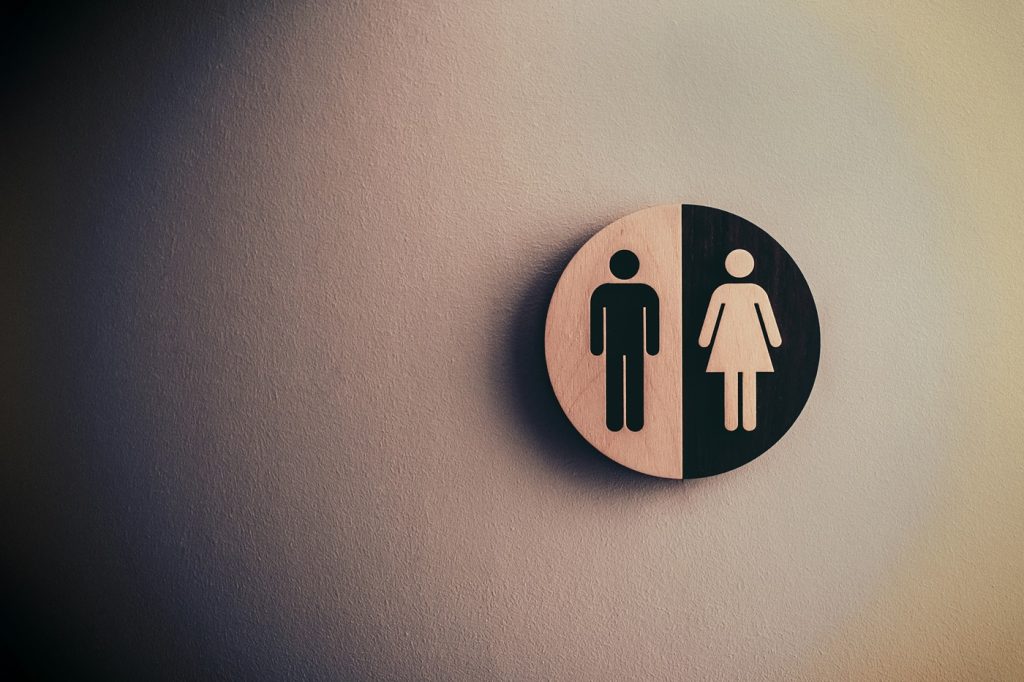The recent report by the Why Not Her? Collective highlights the ongoing gender and racial disparities in UK radio station airplay charts. Their analysis focused on the Top 20 domestic British artists featured on radio stations’ airplay charts and the Top 100 most played British and international songs in 2023. By sharing this data, the Why Not Her? Collective aims to promote a more diverse and equitable music industry. The report highlighted that white male artists continue to dominate the airwaves on commercial radio stations’ Top 20 airplay charts. Moreover, these stations have been slow in diversifying their playlists, with only five to 15% of female acts featured on their heavy rotation playlists. In contrast, the BBC has made progress by featuring collaborations with mixed-gender artists over the past four years, paving the way for diverse female artists like Little Simz, Arlo Parks, and Raye. When it comes to rock stations like Radio X, Planet Rock, and Kerrang!, there has been a shift towards including more women in their heavy rotation playlists. These stations have managed to increase the presence of female artists from zero to 25% over the course of four years. Examining the Top 100 UK and international songs played on UK radio in 2023, it was found that Miley Cyrus’ “Flowers” claimed the number one spot, while Lewis Capaldi’s “Forget Me” was the top song by a domestic UK artist. Ed Sheeran made up four percent of the songs, and Irish male artists like Dermot Kennedy, Snow Patrol, Cian Ducrot, and Niall Horan accounted for five percent. Additionally, male artists appeared in 42% of the Top 100, while female and non-binary artists constituted 58%. Notably, Sam Smith, a non-binary artist, featured twice in the charts through collaborations with artists of different genders. In terms of representation, people of color were present in 29% of the songs, including collaborations with white artists, whereas white artists represented 79% of the artists. The report also observed a decline in the percentage of songs by UK artists in the Top 100 UK airplay chart, from 50% in the previous year to 25% in 2023. Linda Coogan Byrne, the lead data analyst, activist, and founder of the Why Not Her? Collective, expressed optimism about the notable changes seen in major UK radio stations. Particularly, the BBC has made significant improvements, with BBC 6 Music achieving gender parity and other key stations demonstrating increased collaborations between genders, resulting in a more diverse representation in UK music culture. Additionally, the report highlights positive developments in rock radio stations that have historically neglected women in their heavy rotation playlists but have now begun to include them. Coogan Byrne emphasized the need for commercial radio stations to reassess their current business models in order to adapt to the future and appeal to the 18-34 age group. Greater diversity on the airwaves is crucial to reflect the changing times, as platforms like TikTok and other social media channels continue to attract and engage listeners. The report concludes by expressing hope that these data reports will continue to set a precedent for future change and adopts a collective stance in supporting women, artists of color, and the LGBTQIA community across all aspects of culture. It stresses the importance of addressing unconscious biases and calls for structural change to ensure an equal voice for all.
